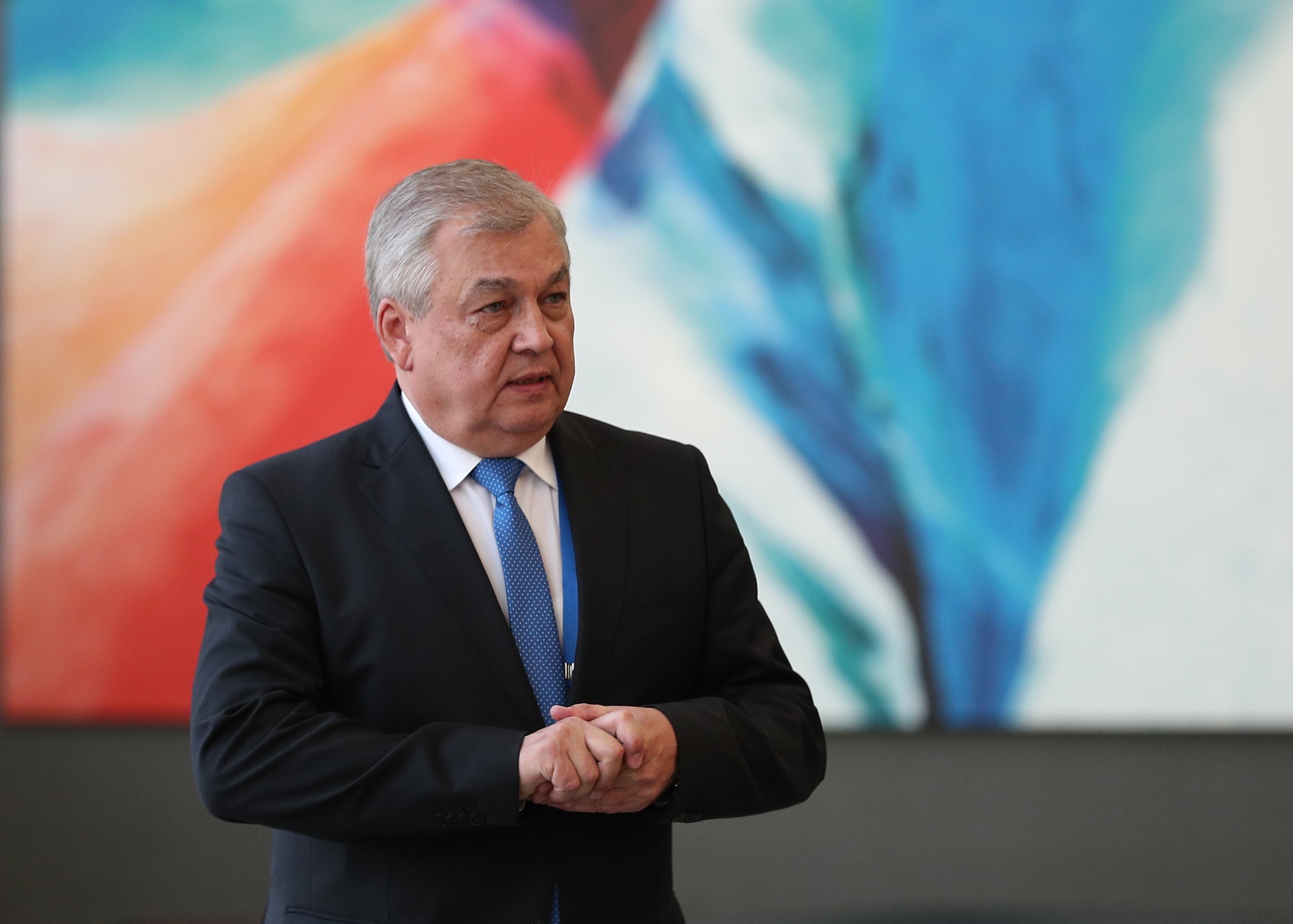ID :
499970
Tue, 07/31/2018 - 10:43
Auther :
Shortlink :
https://oananews.org//node/499970
The shortlink copeid
Return of Syrian refugees must not be impeded - Russia’s chief negotiator

SOCHI, July 30. /TASS/. The return of Syrian refugees to their homeland should be voluntary but this process must not be impeded intentionally, Russian president’s special envoy for Syria, Alexander Lavrentyev, said on Monday.
"We all understand it perfectly well that this should be a voluntary process but, at the same time, there should be no artificial obstacles for the return of Syrian refugees," he said.
"It is also in the interests of European nations to offer assistance to the return of Syrian refugees to their homeland and create corresponding conditions for that," he added.
"We see elements of stabilization of the situation. People want to return to their homes," the Russian diplomat noted. "A great number of refugees are staying in Syria’s neighboring countries: about one million people are staying in Jordan, more than one million - in Lebanon, and 3.5 million - in Turkey. Let alone refugees staying in European countries."
These matters, in his words, are in focus of talks between the Syrian ceasefire guarantor nations (Russia, Iran and Turkey) and the United Nations.
The topic of Syrian refugees was among the central ones discussed by Russian president’s special envoy for Syria Alexander Lavrentyev and Deputy Foreign Minister Sergei Vershinin during their visits to Syria, Jordan, Lebanon and Turkey on July 26-27.
A two-day high-level international meeting on Syria began in Russia’s Black Sea resort city of Sochi on Monday. It is co-chaired by the three Syrian ceasefire guarantor nations, namely Russian, Iran and Turkey. The meeting centers round the establishment of a Syrian constitutional committee, the situation in the de-escalation zones and the return of refugees, as well as humanitarian aspects, such as the exchange of prisoners and detained persons between the parties to the conflict.
The final statement of the guarantor nations is expected to have a provision calling for assistance in the process of refugee return.
Read more





